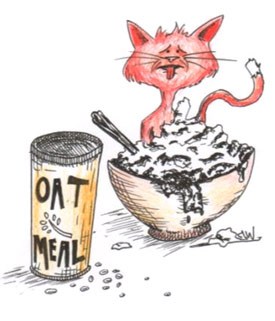Taste Alteration
Taste alteration (dysgeusia) is associated with over 200 drugs and can have a major impact on quality of life. This side effect is often overlooked by clinicians.
Problems
- Taste may be decreased, altered, or made unpleasant.
- Taste alteration can lead to weight loss and depression.
- People may compensate with sugared foods, which can lead to caries.
Most common offending classes of medications are antibiotics, antifungals and antivirals, cardiac medications, chemotherapy agents, Parkinsonian and migraine agents, thyroid medications, and psychotropics.
Non-medication causes of taste alteration include:
- Upper respiratory illnesses
- Other viral infections (Influenza, Coronavirus)
- Radiation therapy
- Exposure to chemicals or insecticides
- Previous otolaryngological surgery
- Sjogren's syndrome or other rheumatological conditions

References
Douglass R, Heckman G. Drug-related taste disturbance: a contributing factor in geriatric syndromes. Canadian Family Physician 2010; 56(11):1142-1147.
Bromley SM. Smell and Taste Disorders: A Primary Care Approach. American Family Physician 2000; 61:427-36.
Ogawa T, Annear MJ, Ikebe K, Maeda Y, Taste-related sensations in old age. J Oral Rehabil. 2017; 44(8): 626-635.
Taste Disorders, National Institute on Deafness and Other Communicative Disorders, May 12, 2017, accessed on 9/20/21 at nidcd.nih.gov/health/taste-disorder.